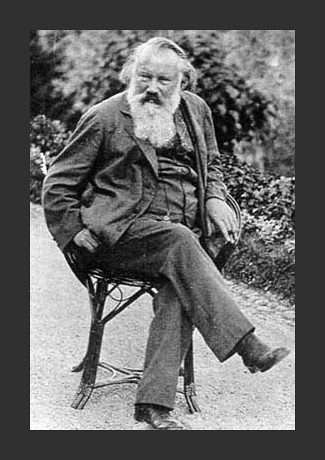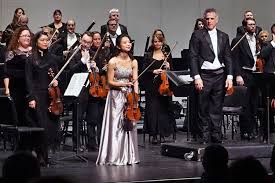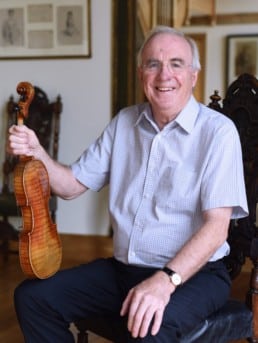The Slipped Disc daily comfort zone (55): Viola trumps clarinet
mainThe last Brahms sonatas were written for clarinet and piano, but a good viola wins that contest.


The last Brahms sonatas were written for clarinet and piano, but a good viola wins that contest.

The Southwest Florida Symphony has announced closure. FORT…

The conductor, who is suffering from the recurrence…

A GoFundMe has been raised in memory of…

The violin world is in mourning for Charles…

Session expired
Please log in again. The login page will open in a new tab. After logging in you can close it and return to this page.
Comments